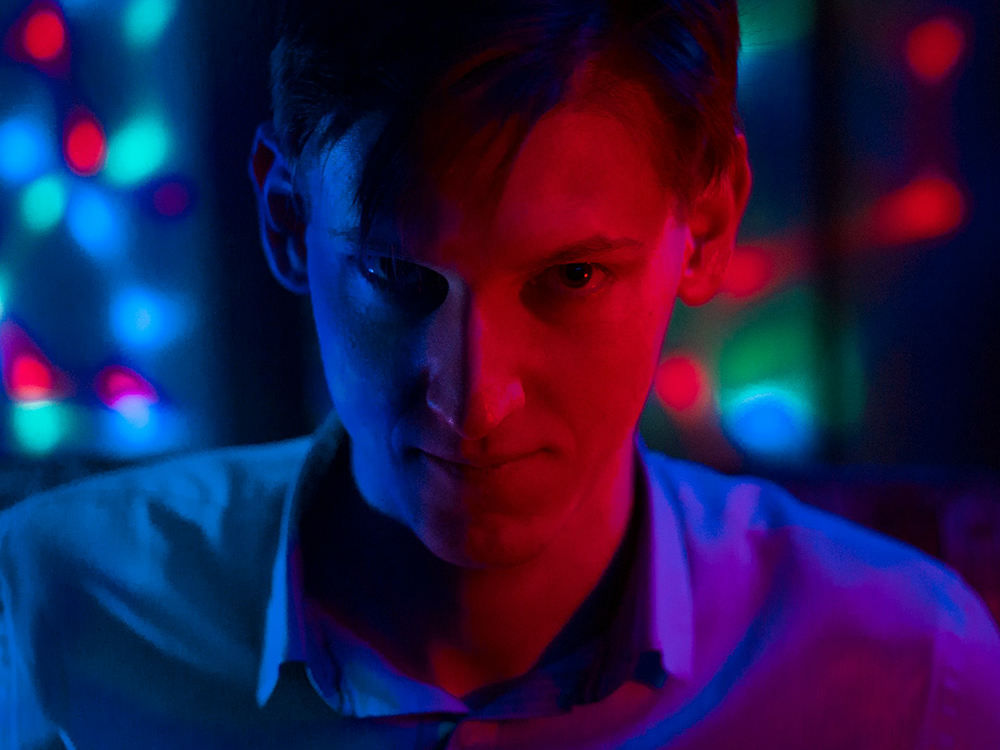Many young men think there is no harm in grabbing beers after work, celebrating milestones with friends or having a few drinks at a party. But when does casual drinking cross the line into something more concerning? The transition from social drinking to problematic drinking can be subtle, and many don’t recognize the warning signs until their alcohol use starts to interfere with their health, relationships and responsibilities.
If you’ve ever wondered whether your drinking habits should be cause for concern, this guide will help you recognize the signs and explore ways to take back control.
What Is Social Drinking?
Social drinking refers to consuming alcohol in social settings, such as get-togethers or meals with friends. It typically involves moderate consumption, meaning:
- Drinking occasionally, not daily.
- Stopping before reaching intoxication.
- Not relying on alcohol to relax or have fun.
- Being able to turn down drinks without feeling pressure.
Many people drink socially without becoming dependent on alcohol, but for some, casual drinking can gradually become excessive or turn into a coping mechanism for stress, anxiety or loneliness.
Warning Signs That Social Drinking Has Become Problematic
The line between social drinking and alcohol misuse isn’t always obvious. If you’re unsure whether your drinking habits are becoming a concern, here are some red flags to watch for.
1. Drinking More Frequently or in Larger Amounts
What started as a sporadic happy hour gathering with friends has snowballed into drinking every weekend, at every event or even alone. If you find yourself drinking more than intended or needing more alcohol to feel the same effect, this could be a sign of increased tolerance – an early indicator of alcohol dependence.
2. Feeling the Need to Drink to Have Fun
Social drinking may enhance an event, but it should not be the only way you can unwind. If you feel tense or nervous in social settings without alcohol, or if drinking has become your only outlet for managing emotions, it may be a sign of reliance on alcohol.
3. Binge Drinking
Binge drinking – defined for men as consuming five or more drinks for men in a short period – is an obvious sign that drinking is no longer only social. This pattern increases your risk of:
- Blackouts or memory loss.
- Risky behaviors, such as drunk driving or unsafe sex.
- Physical harm, including alcohol poisoning.
4. Drinking Despite Negative Consequences
Do you continue to drink even after getting into arguments, missing obligations, having difficulty at work or school or making regrettable decisions? These are strong indicators that alcohol is becoming a problem.
5. Feeling Guilty or Defensive About Drinking
Have you tried to cut back on your alcohol consumption and discovered it was too challenging? Do you get defensive when someone expresses concern about your drinking? If so, this could be an internal sign that you recognize a problem but aren’t sure how to address it.
6. Using Alcohol as an Emotional Crutch
If you drink to escape stress, numb your emotions or ease depression or anxiety symptoms, alcohol is no longer a social activity – it has become your primary coping mechanism. Unfortunately, self-medicating with alcohol can worsen your mental health issues in the long run.
The Role of Peer Pressure in Problem Drinking
Peer pressure is a factor in problematic social drinking. Your friends may pressure you to drink excessively in social settings, whether through:
- Direct pressure (“Take a shot! We’re all doing it!”).
- Social expectations (“Real men can hold their liquor.”)
- Fear of missing out – the idea that drinking is essential to being part of the group.
Peer pressure can make it harder to recognize when drinking has become unhealthy, and the fear of standing out or saying no can push you further into excessive drinking habits.
What to Do if You Realize You Have a Drinking Problem
Recognizing that you have a problematic relationship with alcohol is the only way to change. Here’s what you can do to break the habit.
- Be honest with yourself: Acknowledge how drinking affects your life.
- Set limits or take a break: Try cutting back or stopping for a specific period. If this feels impossible, you may need professional help.
- Talk to someone: Confide in a trusted friend, family member or therapist about your concerns.
- Seek professional support: If drinking has become a serious issue, structured treatment programs like PACE Recovery provide specialized help for young men dealing with substance use disorders.
Getting Help at PACE Recovery
At PACE Recovery, our team understands that young men face unique challenges with substance use, peer pressure and mental health. Our approach goes beyond traditional treatment to help men identify the root causes of their drinking habits, develop healthy coping strategies and equip themselves with the tools to maintain long-term sobriety.
Don’t try to quit drinking alone. Contact us today for a healthier, more balanced life.


